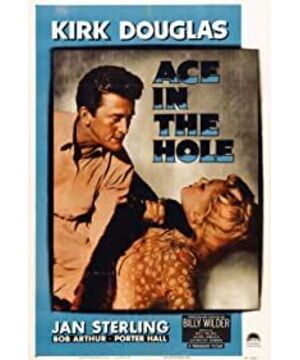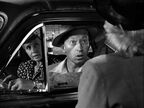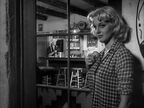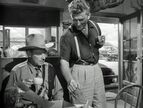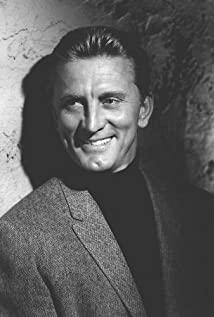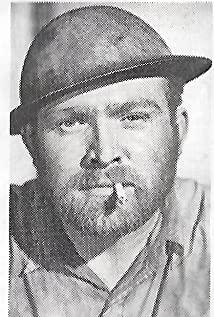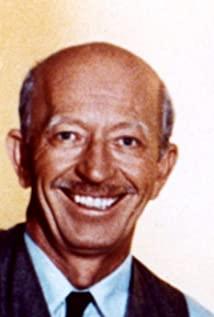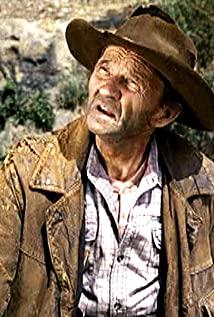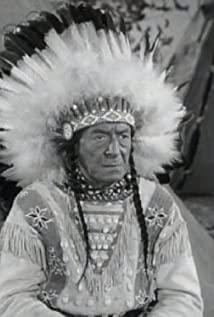The director is also a screenwriter, and he is indeed very skilled. The story is simple and smooth, and the characters are distinct.
Especially the character of the male protagonist is full and three-dimensional. The opening is ambitious but has the stain of despair. The first one enters the cave bravely and decisively. When mobilizing everyone around him to lay out the story, he has insight into human nature, and devises the rescue method that delays time. It can be said to be shameless. In the face of the death of the peasant, the conscience is unbearable. . The first half of this character is a typical American hero, relying on his courage and hands to create miracles. Unfortunately, the death of the peasant changed all that.
In contrast, the other characters are too thin in symbols. The sheriff can say that the bad guy will do it to the end for the election. He treats others like a little snake he plays in a box; the boss of the newspaper is like "tell the truth" written on the door plate, Justice is awe-inspiring, and the farmer's wife is eager to go to New York. The dead farmer can be said to be extremely kind and simple, and he will be brother to the male protagonist until his death. This is a pity point, hit some discounts.
The theme of the film is of course to discuss the ethics of journalism, not just whether it is taken out of context, or the level of fabricating facts. The male protagonist in the film is the director himself, assigning roles to farmers and wives, and adding Indian mysterious elements for the exotic style. Created as a hero. It's all because he knows people too well and knows what kind of stories they crave. In the film, the public flocks to eat burgers, buy Indian goods, and even ride on the newly built Ferris wheel. The suffering of farmers trapped has become an entertainment resort for spectators.
One of the spectators raised the question of why it is necessary to save people by looking for ways to save people, but it is obvious that the public doesn't care about him at all, because the public just wants to hear what the hero has to say, not what the loser who failed to rescue the last mine disaster. The reporters and sheriffs are not panic at all, because only the successful and powerful have the final right to interpret the facts, and the stories they tell are "Tell the truth".
In the end, the farmer died, the hero collapsed, the reporter drove everyone away in grief and anger, and the hero was fired from the newspaper in an instant. He became the alcoholic loser that the editor-in-chief called him. No one wants to hear a loser tell a story, it doesn't matter what he said Whether it is fact or fiction.
View more about Ace in the Hole reviews


